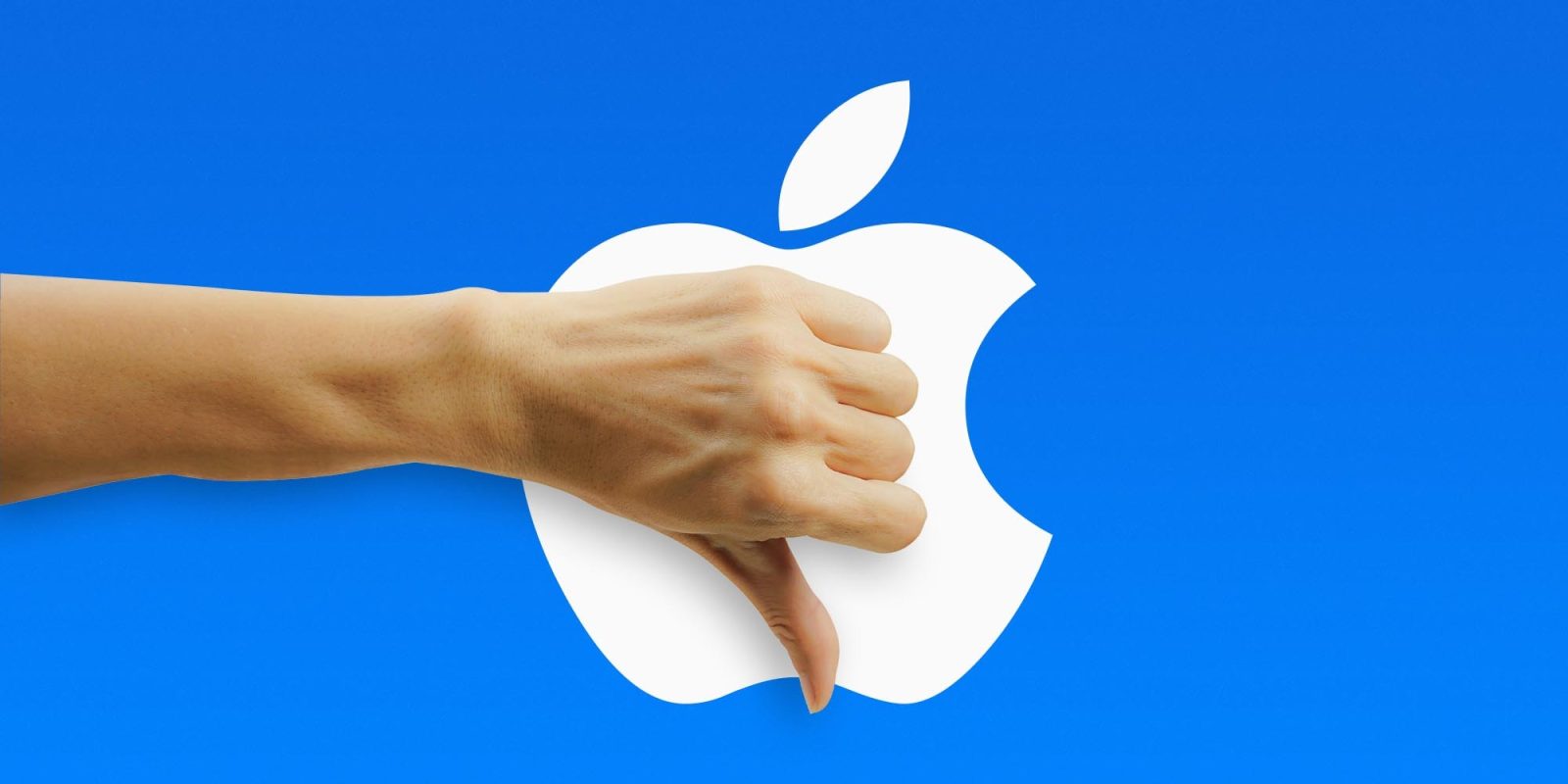
Many developers and tech companies didn’t react well to the changes proposed by Apple last month to comply with the European Union’s Digital Markets Act (DMA) antitrust legislation, and Mark Zuckerberg is on that team. The Meta CEO said on Thursday that he doubts developers will opt in to the new “onerous” terms set by Apple in the EU.
Zuckerberg opposes Apple’s proposals in the EU
During the announcement of Meta’s Q4 2023 fiscal results (via TechCrunch), Zuckerberg shared with investors some thoughts on Apple’s DMA proposals. The executive believes that the new rules are “so onerous” that he doesn’t see how developers will opt for the new business models suggested by the company as alternatives to the current one.
Zuckerberg suggested that not even Meta will opt for Apple’s new terms in the EU as things stand. “I don’t think that the Apple thing is going to have any difference for us because I think that the way that they’ve implemented it, I would be very surprised if any developer chose to go into the alternative app stores that they have,” the executive said.
“They’ve made it so onerous, and I think, so at odds with the intent of what the EU regulation was that I think it’s just going to be very difficult for anyone — including ourselves — to really seriously entertain what they’re doing there,” he added.
Here’s what changes for developers with the new rules
To recap, Apple will let developers in the EU opt for new terms that reduce the commission to 17% (or 10% for those part of the Small Business Program). This is a significant cut from the traditional 30% commission charged by Apple for each sale made through the App Store. However, there’s a catch.
Those who opt for this model will have to pay a Core Technology Fee (CTF) of €0.50 per annual installation after the app reaches more than 1 million installations. And even if the developer chooses to distribute an app outside of Apple’s App Store, the company will still charge the CTF.
The thing is, developers argue that popular apps would end up paying the same or even more to Apple considering the €0.50 fee for each annual app installation. In addition, developers of free indie apps that eventually cross the 1 million install mark would also have to pay a huge amount of money to Apple.
Unsurprisingly, Epic Games CEO Tim Sweeney criticized the changes and called them an “anti-competitive scheme rife with junk fees.” Other companies such as Microsoft, Spotify, and Mozilla have also spoken out against Apple’s proposals.
The EU is yet to comment on Apple’s proposals, but has warned that it is studying them and “will not hesitate to take strong action” against the company if necessary. The DMA comes into effect on March 7, and Apple says iOS 17.4 will be available to the public with the required changes before then.
Read also
- Epic Games goes to court to accuse Apple of failing to comply with App Store ruling
- Apple’s third-party app store announcements guarantee the company will end up in court
Add 9to5Mac to your Google News feed.
FTC: We use income earning auto affiliate links. More.






